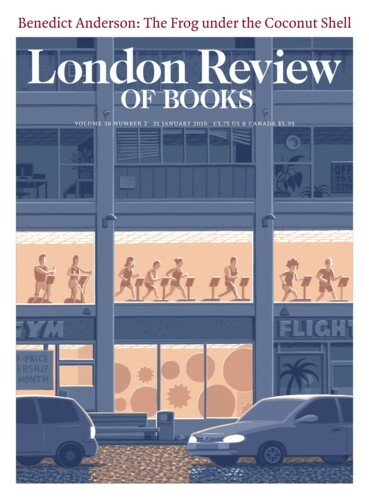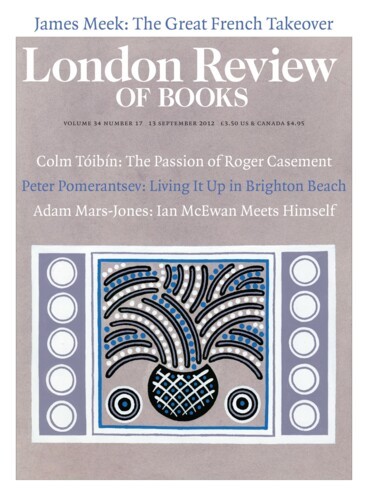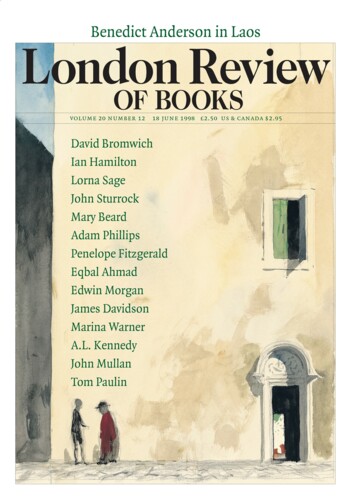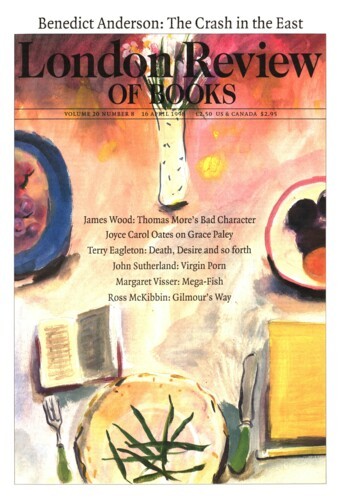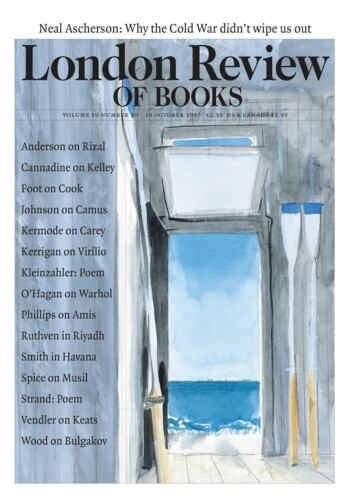Frameworks of Comparison
Benedict Anderson, 21 January 2016
The 35 years I spent as a professor of government at Cornell taught me two interesting lessons about US academia. The first was that theory, mirroring the style of late capitalism, has obsolescence built into it, in the manner of high-end commodities. In year X students had to read and more or less revere Theory Y, while sharpening their teeth on passé Theory W. Not too many years later, they were told to sharpen their teeth on passé Theory Y, admire Theory Z, and forget about Theory W.
